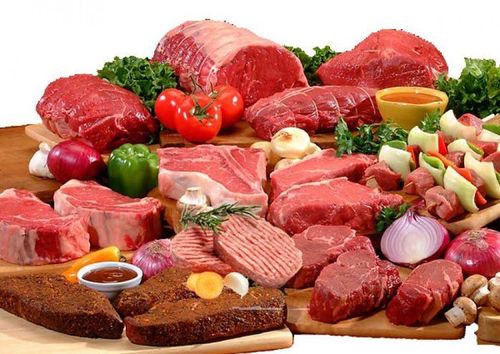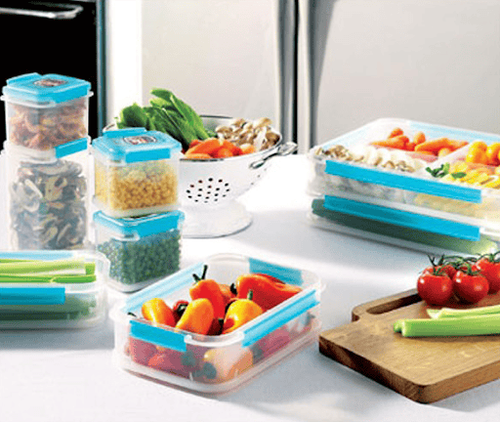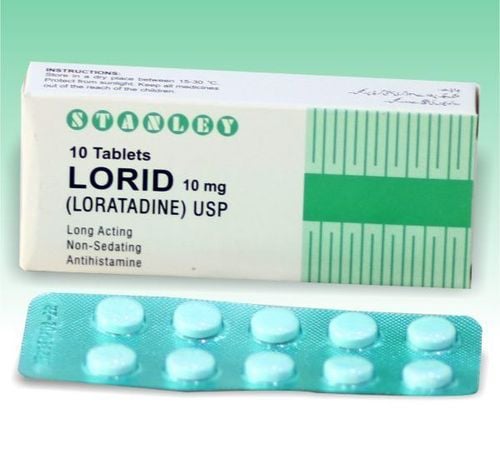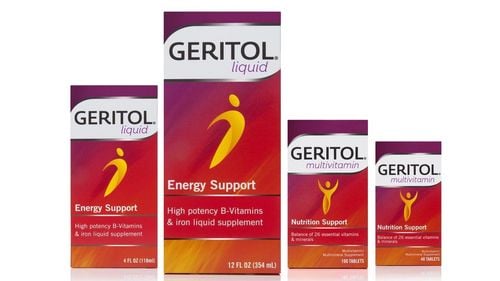This is an automatically translated article.
A nutritious meal for family members is what everyone wants. So what is a nutritious and delicious meal? Read more below to learn tips on creating good quality meals for the family.1. How to have a nutritious meal?
Proper nutrition is the foundation of health and wisdom for family members. Therefore, each meal needs to ensure nutrition, fresh and delicious meals.
A balanced meal needs to have enough 4 important groups of nutrients, including carbohydrates (mainly from grains), protein groups (meat, fish, eggs, milk, legumes, beans... ), group of fats (animal fats, vegetable oils), groups of vitamins and minerals (vegetables, tubers, fruits, etc.):
Food groups providing starch (sugar): Common cereals will be used as basic food such as rice, corn, potatoes, cassava, noodles... and the main source of energy in the meal. In addition, cereals are also a source of many B vitamins and especially vitamin B1. Vitamin B1 is usually located in the outer shell of the rice grain, if the rice is milled too well, this vitamin will be significantly reduced. Protein group: Provides essential amino acids that the human body normally cannot synthesize on its own. Animal proteins (meat, fish, eggs, milk, etc.) usually have all the necessary amino acids in a balanced ratio. In addition, plant foods such as beans, sesame, peanuts are also an important source of protein for your body. Food groups provide fat: Including cooking oil, fat, peanuts, sesame... is a source of energy and essential fatty acids for your body. Eat both oil and fat. Food groups that provide vitamins and minerals: Including green vegetables and ripe fruits. This is the main source of vitamins and minerals for your body. Yellow and red vegetables and fruits will have a lot of vitamin A precursors, dark green vegetables such as water spinach, water spinach, amaranth, jute vegetables have a lot of vitamin C, iron and calcium... It means that vitamin C will be reduced when vegetables are crushed. Therefore, family meals should use fresh vegetables, eating immediately after cooking is the best way to preserve the amount of vitamin C in vegetables. All foods have benefits as well as adverse effects, especially when consumed in excess. Therefore, it is advisable to use a reasonable and diverse variety of foods in each dish and each meal to get a reasonable and nutritious diet and improve your health:
Need to reduce salt: Eating too much salt will increases the risk of hypertension, cerebrovascular accident, myocardial infarction, stomach cancer, osteoporosis, kidney stones... Currently, most people eat an excess of 2 to 3 times more salt than Recommended intake is 5g salt/day. Drinking enough clean water daily (about 1.5-2 liters on average) is also necessary to have a healthy body, especially on hot days. Alcohol and beer abuse should be limited or avoided. A nationwide survey of adults aged 25-64 years by the National Institutes of Nutrition found a 1.6-fold increased risk of hypertension in men who drank more than 3 units of alcohol per day. For men, it is recommended to drink no more than 2 units of alcohol (equivalent to 2 pints of beer or 2 cups of 30ml of spirits) or women should not more than 1 unit of alcohol per day. Limit ready-to-eat foods: Processed foods and dishes with a lot of oil, fat, sugar, and salt such as french fries, fried fish balls, fried chicken, pizza, sandwiches..., contain many potential risks. unhealthy. Ensuring reasonable and safe family meals for the family is the best way to protect your family's health. At the same time, it also increases the affection and cohesion between family members when you gather together every day at the family meal tray will have reasonable nutrition, delicious, cheap and very safe.

Bữa ăn dinh dưỡng giúp bảo vệ sức khỏe gia đình bạn
2. Tips for building good quality meals
2.1. Meal planning Cooking multiple meals at home is good for your health and your wallet. You can plan meals for the whole week for the whole family to save time by following a list of specific dishes for the next week.
2.2. Choose easy recipes Dishes that have both simple and nutritious recipes will be the best choice for each meal. When you find a recipe that works, save it in an easy-to-find location.
2.3. Choose a variety of foods Finding a variety of foods will help diversify your appetite and add a variety of nutrients.
2.4. One-time shopping After planning your cooking for the week, choose a shopping day that fits your schedule.
2.5. Choose a prep date Cooking more food at once makes it easy to create healthy meals together on busy days. Choose a day of the week to prepare as many dishes as possible. If meals for the whole week seem like a lot, start with 2 or 3 days and prepare another dish for the weekend.
2.6. Get a grip on the basics of cooking A few “supplements” are always good to have around the house for snacks or to add to meals: Nuts and seeds, washed greens, hard-boiled eggs, chopped fruit . Fast foods that keep longer are also great, like rice, dry pasta, canned tuna, and frozen vegetables. They make it easy to bundle something together, even if you haven't been to the store in a while.
2.9. Break up your food Break up large recipes into ready-to-go singles and you can save yourself time during the week. This tip can also help keep you from overeating. Place each serving in a sealed plastic bag or glass container. You can also pour soups, stews, and broths into a silicone muffin tin, freeze, and put the pieces in a plastic bag after they solidify.
2.10. A vegetable tip You can “blanch” vegetables by dipping them in boiling water and quickly chilling them to keep them longer in the freezer. vitamins, minerals, remove germs. Rinse and cut to the right size before you start cooking.

Nhúng rau qua nước sôi giúp bạn có bữa ăn dinh dưỡng hơn
2.11. Don't let busy work make you forget expired dishes and ruin the fridge! Remember how long certain foods will keep well in the refrigerator:
Ground beef or chicken (cooked): 1-2 days Whole meat, poultry, fish, soups and stews ( cooked): 3-4 days Beans, chickpeas (cooked): 5 days Boiled eggs, chopped vegetables: 1 week Soft cheese (opened): 2 weeks Hard cheese (opened): 5-6 weeks 2.14. Freeze Food An airtight container is best for freezing food. You can save space if you use large plastic bags that can be sealed and vacuumed. After storing foods, note how long they will last:
Soups, stews, beans (cooked): 2-3 months Ground meat, poultry (cooked): 3 -6 months Apples, bananas, pears, plums, mangoes, berries: 6-8 months Vegetables: 8-12 months. Healthy meals are an important factor to help you bring you abundant health and full of energy. Not only does it provide the necessary nutrients, but a healthy meal also helps you limit the accumulation of excess fat.
Please dial HOTLINE for more information or register for an appointment HERE. Download MyVinmec app to make appointments faster and to manage your bookings easily.
Reference source: webdm, emedicinehealth












